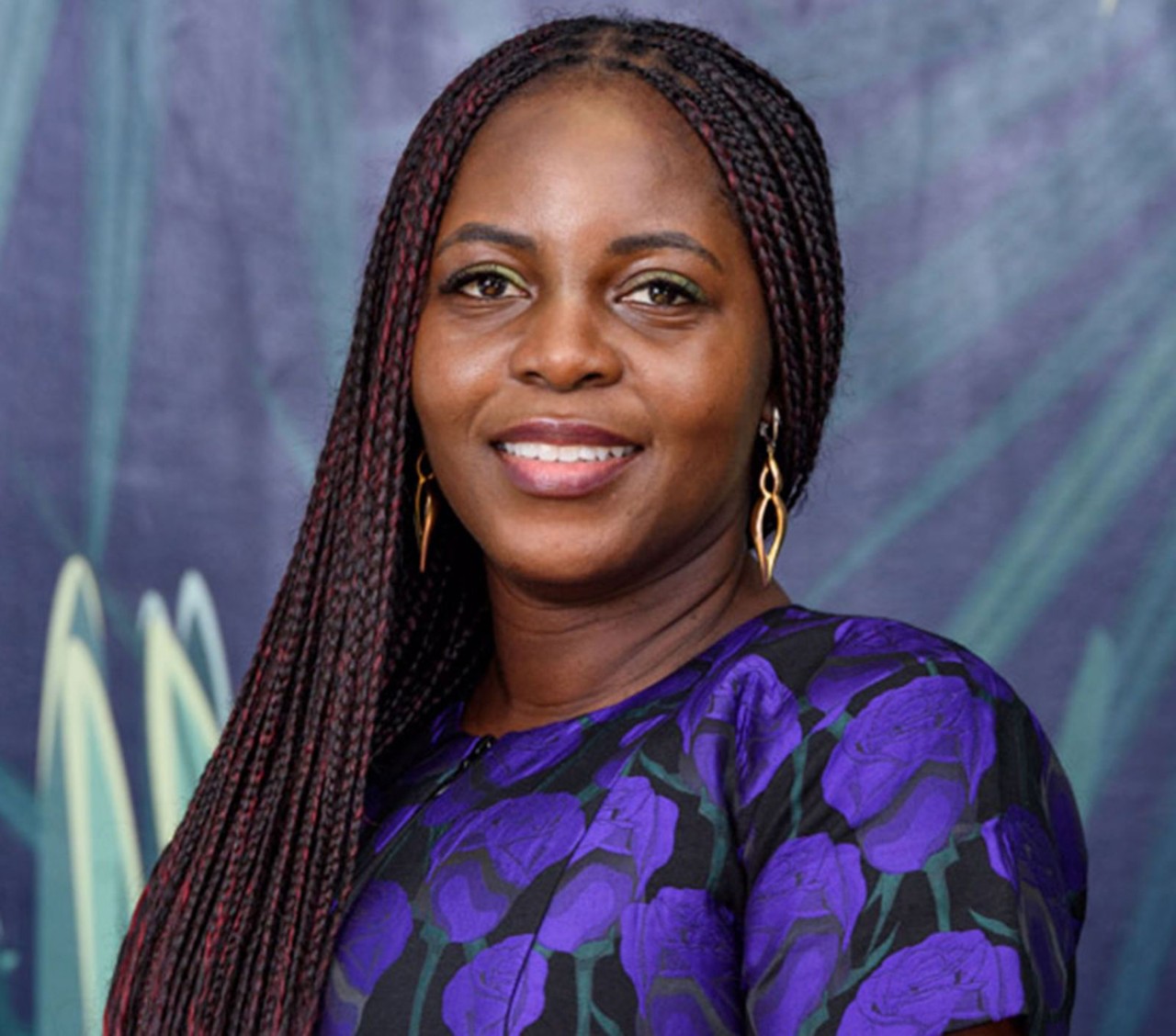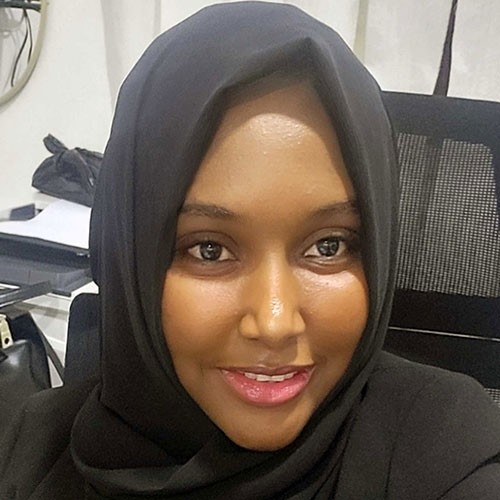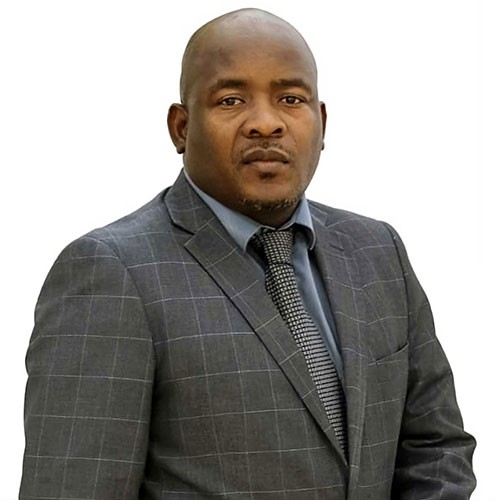
In a world where winning the battle for talent, particularly in the knowledge sector, is a proxy for business success, the broader and deeper the talent pool you trawl, the bigger and healthier your potential bottom line. By making your organisation one that encourages diversity among employees and stakeholders in all its forms – gender, age, ethnicity, disability, class and religion – and makes them feel a sense of safety and belonging, you can hit the talent management heights.
Simply put, the promotion of diversity and inclusion (D&I) is not just the right thing to do, it’s the smart thing to do. And while scooping up the very best talent available is clearly a key issue, it’s not the only benefit a business can bank. Pension funds, sovereign wealth funds and university endowments often have their own social agenda, and D&I is among the top factors they consider when assessing potential investments.
‘Even with AI, it is the human capital that differentiates one investment from another’
That was the point put by Sridhar Nagarajan, regional managing director of IQ-EQ, Mauritius, at a panel discussion on how finance professionals can lead organisations towards D&I, gender equity and equal opportunities, at ACCA’s recent Africa Members Convention (see panel). ‘Even with AI, it is the human capital that differentiates one investment from another,’ he added.
ACCA Africa Members Convention
ACCA’s recent Africa Members Convention held in Johannesburg, South Africa drew speakers and delegates from more than 10 African countries. Areas of focus at the conference included sustainability, social responsibility, professional development, mental health, ethics, intra-Africa trade, AI, and diversity and inclusion. Find out about the notable speakers.
Africa’s hot talent
For businesses looking for market opportunities, it’s a no-brainer to recruit talented individuals from an array of backgrounds, as this enhances their ability to innovate and expand globally. For a diverse business such as IQ-EQ, said Nagarajan, which interacts with clients across the globe, the right ethnicity makes it easier to access markets. ‘You cannot access a Chinese market using an Indian resource. You need a Chinese resource.’
He added: ‘More and more it’s a fight for talent. That is where Africa is in a very good place. The world cannot grow without African talent migrating. In 10 years, you will see more and more African talent working in far-flung areas and in top jobs for companies that give a lot of focus to diversity and inclusion.’
Mums prefer to be at the workplace with children at a creche even when they have a home-working option
Social uplift
One powerful institution that has embarked on programmes to promote inclusion is the National Social Security Fund (NSSF) in Uganda. Patrick Ayota, its managing director, who spoke on the AMC discussion panel beside Nagarajan, said while nearly as many women as men started their careers at the NSSF, fewer women were employed by their career mid-point. This, he said, was a result of family pressures and the challenge of finding affordable childcare.
Also speaking at the event, Rashidat Adebisi FCCA, chief client officer at Axa Mansard in Nigeria, made the point that male colleagues are often involved in social mentoring through clubs and sport, whereas women outside of work are often focused on ensuring their family’s needs are taken care of rather than mixing with their peers.
One solution to accommodate working mothers is creche facilities; organisations can either provide the creche themselves or offer credits for one near the workplace. According to Ayota, mothers among NSSF employees have shown they prefer to put their children at an NSSF-provided creche even though they have had the option, since Covid, to work some days from home. Adebisi added that also important are flexible work schedules for women returning to work after maternity leave.
Women-only funding programmes are key to growing the number of female-led businesses
Gender and disability
The NSSF has also considered the impact of gender in society on its bottom line. ‘At the NSSF we grow in only two ways: one is by higher contributions, which means we put in more money; the second is by getting new members,’ Ayota said.
Because a higher proportion of women work in Nigeria’s informal economy, only a small proportion of the NSSF’s savers are women. Education is a key determinant of employment in secure and equitable jobs, so Ayota recommends policies including public financing and loans to aid women’s entry into university, making childcare affordable and formalising jobs through public procurement.
To increase the number of women savers in order to grow the fund and address poverty, the NSSF funds start-ups. The number of female-led businesses applying for (and winning) funding increased substantially once women-only funding programmes had been established.
‘D&I is a journey, not a destination’
Companies are also keen to employ disabled people, panellists said, but noted that many education systems in Africa do not cater for people with disabilities, resulting in only a limited number of qualified finance professionals with disabilities.
Progress tracking
A major obstacle in effecting diversity change in the workplace can be unconscious bias, which makes being mindful, strategic and intentional about change a requirement. That means setting targets, creating a pipeline and implementing succession planning. ‘If you’re not tracking, you can put all the policies in place, but people will just tick the box,’ Adebisi said.
Benchmarking can be effective here, allowing companies to know where they are and what they are measuring. Benchmarks, Adebisi said, can be tracked using easily accessible technology to ensure ‘we are looking at how we are evolving as an organisation together’.
Lulama Boyce, head of commercial accounting at the University of Johannesburg, who moderated the panel discussion at the AMC, said it has become central for organisations to put measures in place to leverage diversity, inclusion and equity to drive performance and create value for their organisation, customers and suppliers. ‘I challenge you to increase your understanding of what diversity and inclusion mean,’ she said. ‘It’s a journey, not a destination.’



